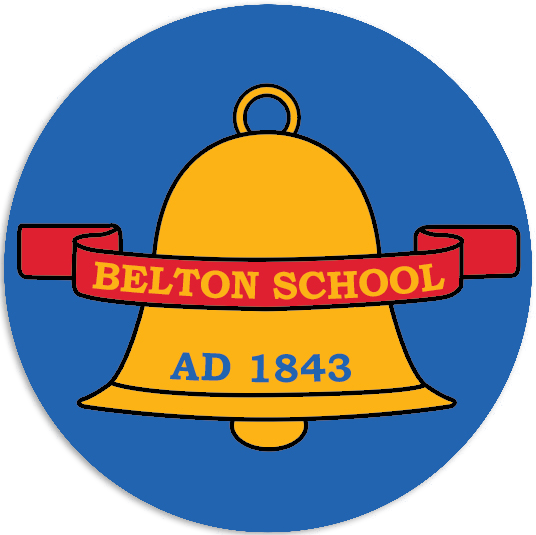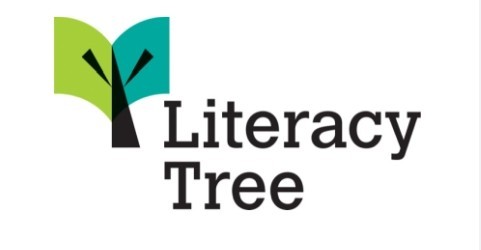At our school, we follow the Literacy Tree approach, where every aspect of English is taught through inspiring, high-quality literature. Our curriculum celebrates diverse stories and meaningful themes, creating rich and engaging learning experiences for all children. Through immersive, book-based lessons, we nurture a love of reading, writing, and language across the whole school.
Our whole school took part in a special writing project inspired by the beautiful story Fox and the Star. Each class followed a sequence of lessons that guided them through the creative process, leading to the children writing their very own Fox and the Star stories. Here is a wonderful selection of their work!

